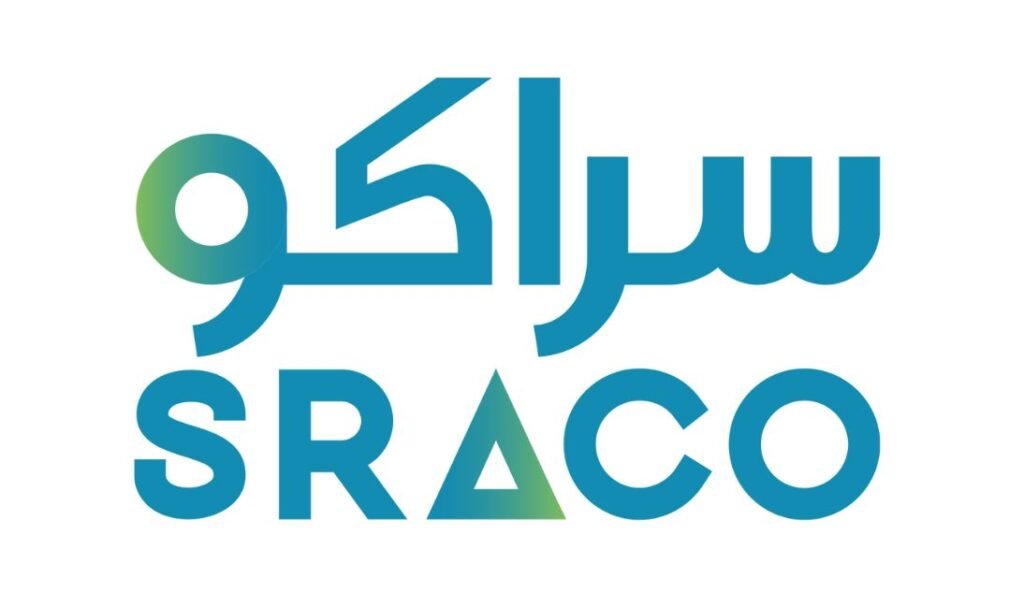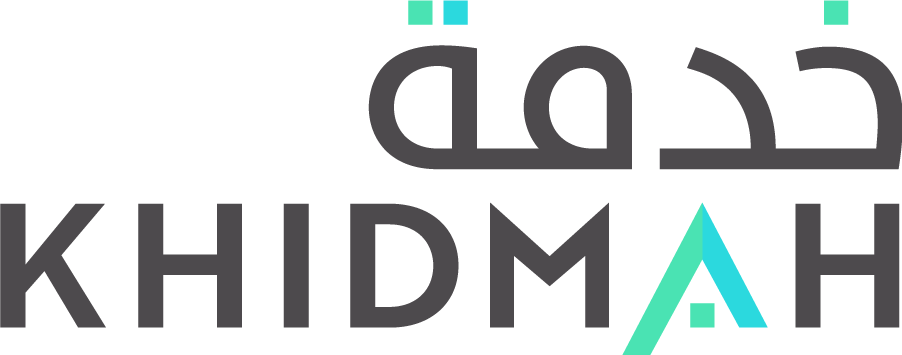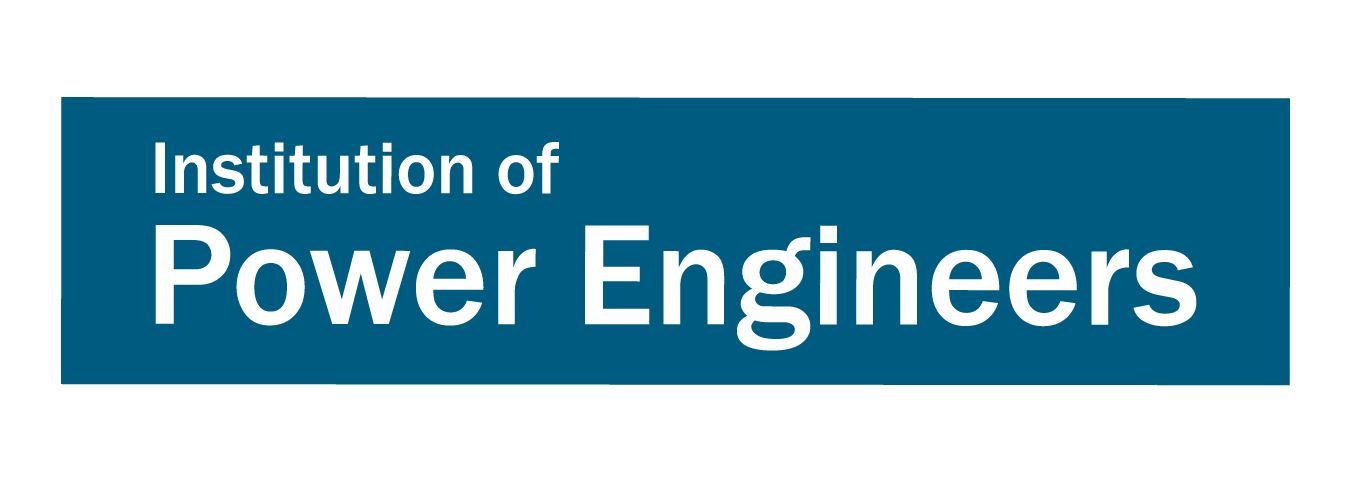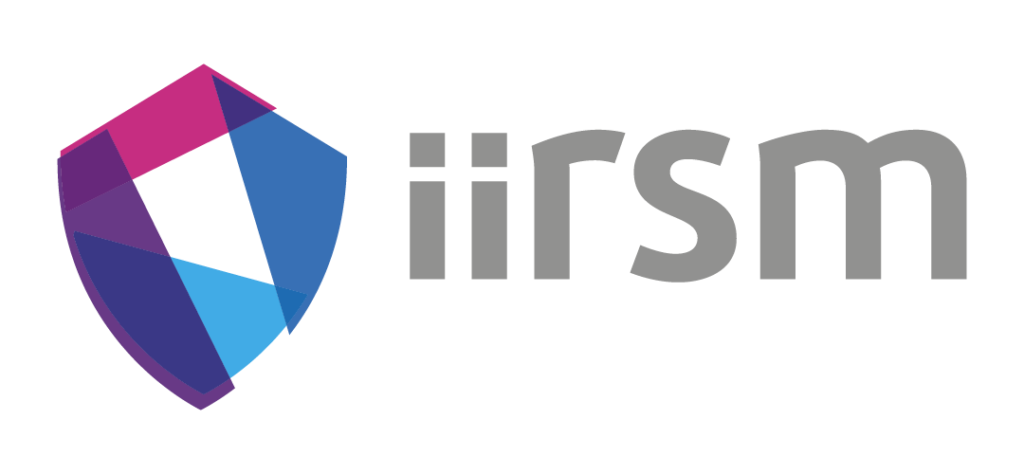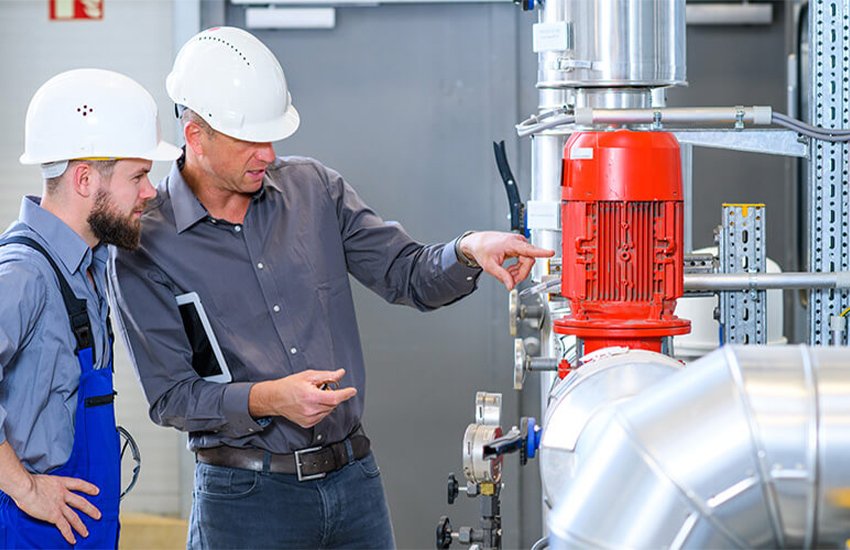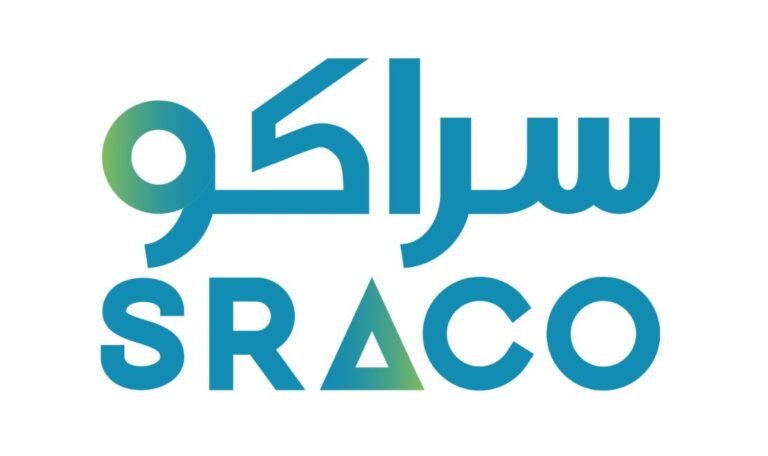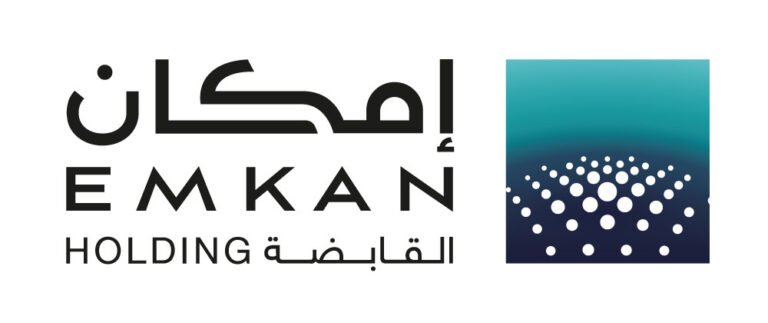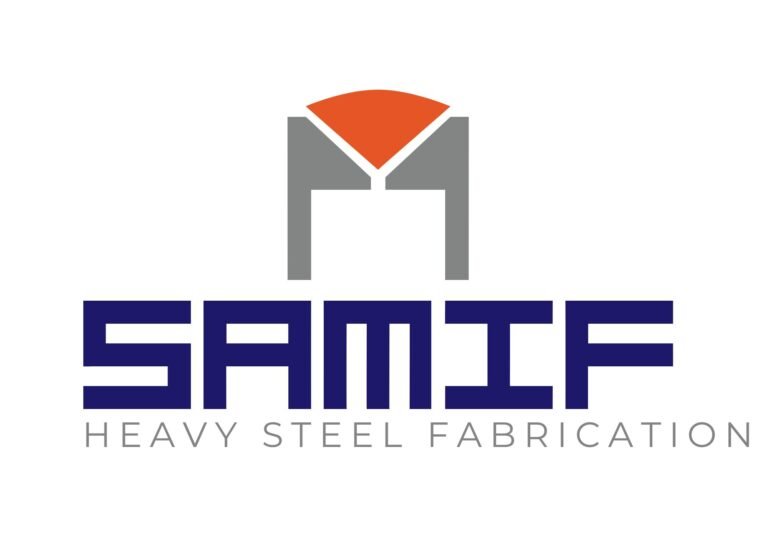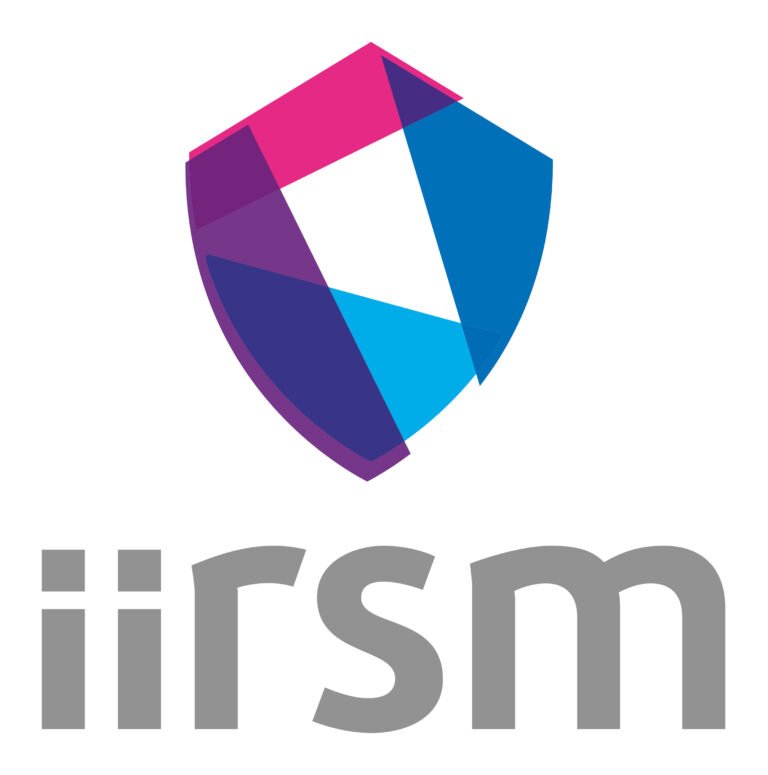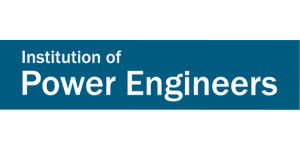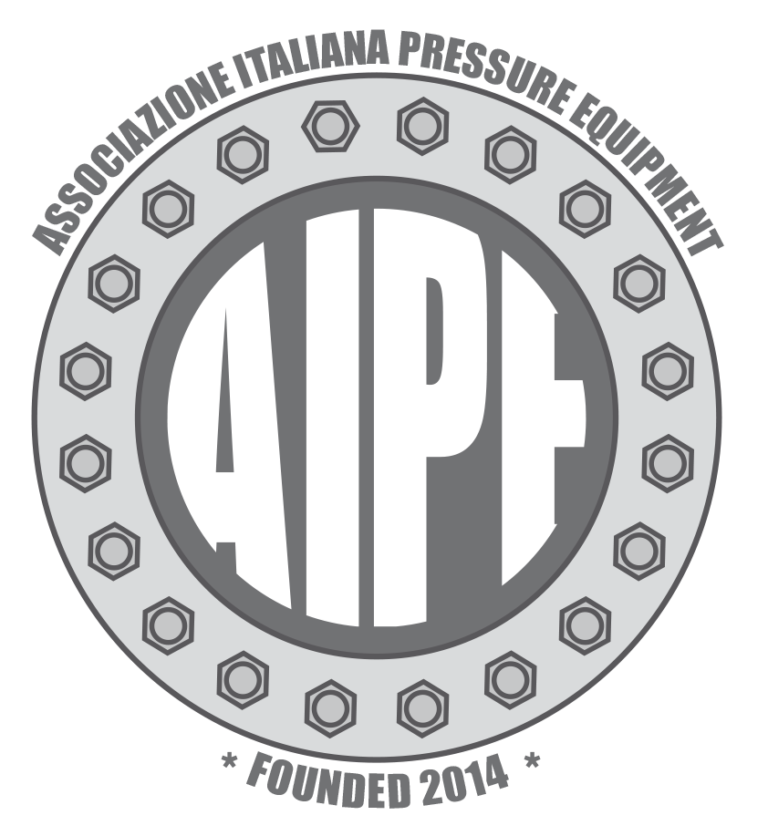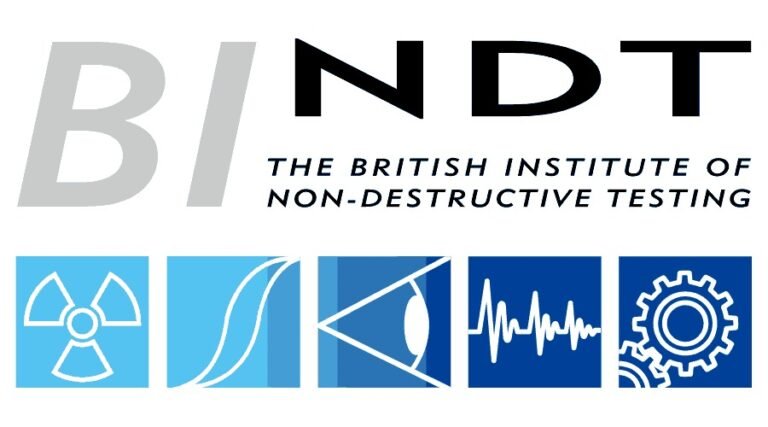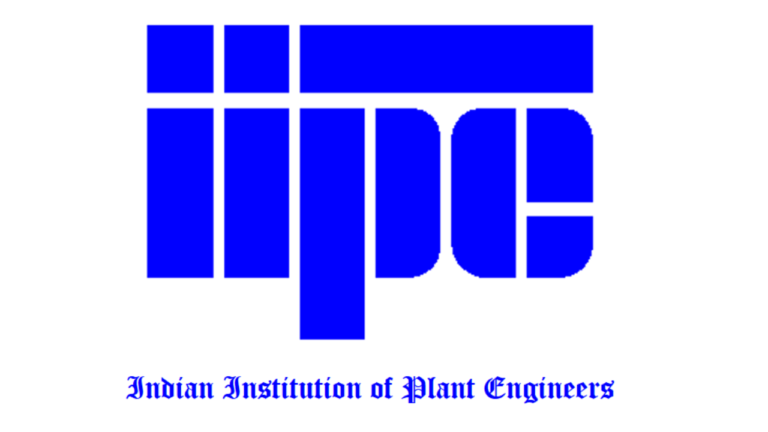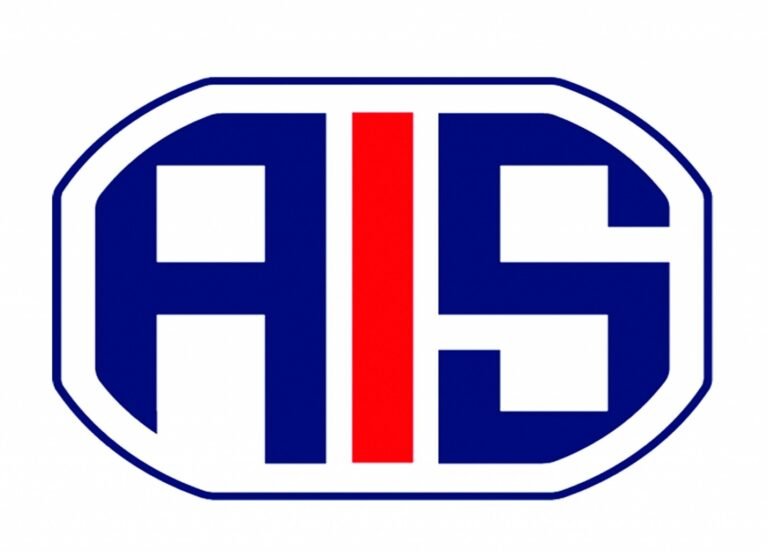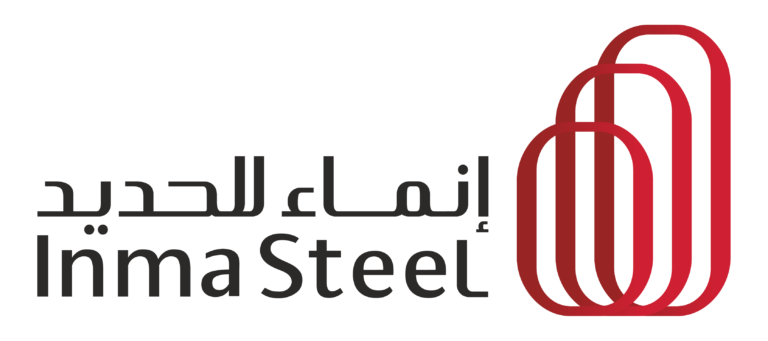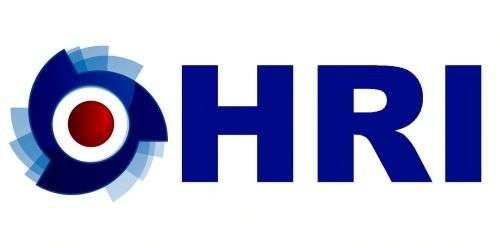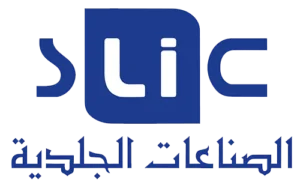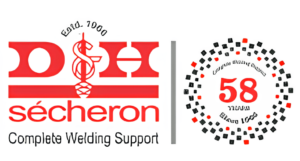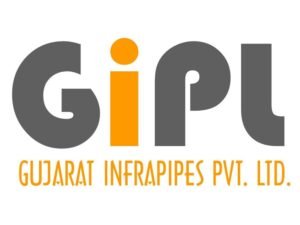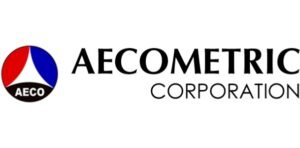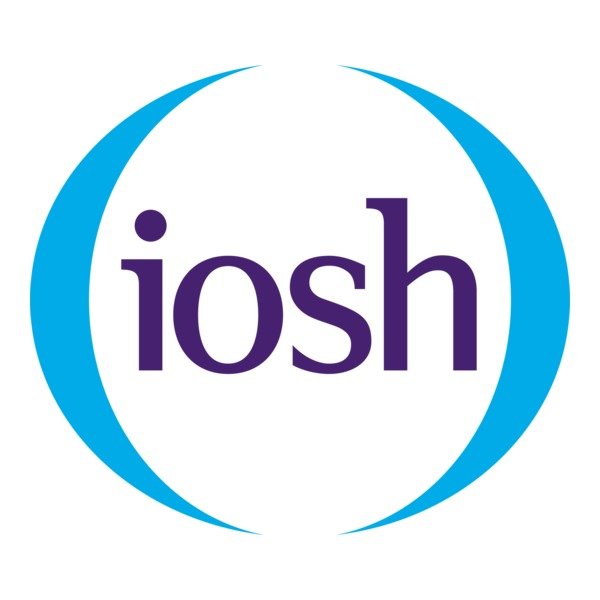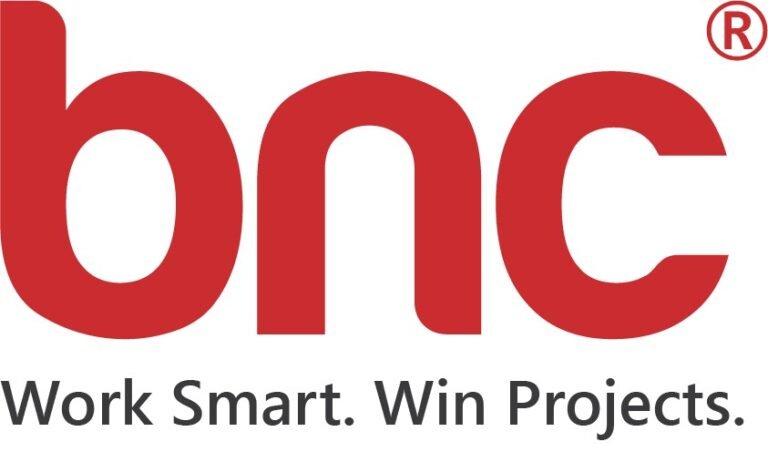Engineering, Procurement, and Construction (EPC) operations in industrial facilities management demand high levels of coordination, accuracy, and real-time decision-making. Traditional project management frameworks often struggle with inefficiencies caused by delays in data collection, communication gaps, and resource misallocations. IoT (Internet of Things) technology has emerged as a transformative force, optimizing project workflows, enhancing asset tracking, and ensuring seamless execution in EPC operations.
Real-Time Data Integration for Improved Decision-Making
IoT-enabled project management allows EPC managers to access real-time data from multiple sources, including smart sensors, GPS tracking devices, and remote monitoring systems. This integration facilitates:
- Enhanced Progress Tracking: IoT sensors provide live updates on material deliveries, equipment usage, and workforce allocation.
- Predictive Maintenance: Connected machinery can detect anomalies and schedule preventive maintenance, reducing unplanned downtime.
- Resource Optimization: IoT-driven analytics help streamline material procurement, ensuring that project schedules remain on track.
Digital Twin Technology for EPC Planning
Digital twin technology, powered by IoT, allows EPC firms to create virtual replicas of construction sites, equipment, and facility layouts. This technology enhances:
- Project Simulation & Risk Assessment: Engineers can simulate construction phases, identifying potential bottlenecks before they occur.
- Remote Site Monitoring: Project managers can oversee operations from anywhere, ensuring compliance with safety regulations and efficiency benchmarks.
- Energy Efficiency Optimization: IoT-enabled sensors analyze energy consumption patterns, enabling cost-effective sustainability strategies.

IoT-Driven Supply Chain Management
EPC projects rely on synchronized supply chain operations to ensure seamless material availability. IoT enhances supply chain transparency through:
- Smart Inventory Control: RFID and GPS-based tracking systems prevent stock shortages and minimize excess inventory costs.
- Automated Logistics Coordination: IoT-connected transport fleets optimize route planning, reducing delivery delays and material wastage.
- Compliance & Safety Monitoring: IoT sensors ensure compliance with industry standards by tracking environmental conditions, structural integrity, and hazardous material handling.
Enhanced Workforce Management & Safety
IoT-enabled wearables and biometric monitoring systems significantly enhance workforce efficiency and safety in EPC projects:
- Wearable Safety Devices: Smart helmets and vests detect hazardous conditions and send alerts in real time.
- Biometric Access Control: IoT-driven authentication ensures that only authorized personnel access sensitive project zones.
- Automated Workforce Scheduling: AI-powered IoT systems optimize labor allocation based on real-time site activity.
The Future of IoT in EPC Project Management
The integration of IoT in EPC operations is set to revolutionize industrial facilities management by driving automation, reducing operational risks, and ensuring optimal resource utilization. As AI, blockchain, and edge computing further enhance IoT capabilities, the EPC sector will continue to experience unprecedented levels of efficiency and project success.


